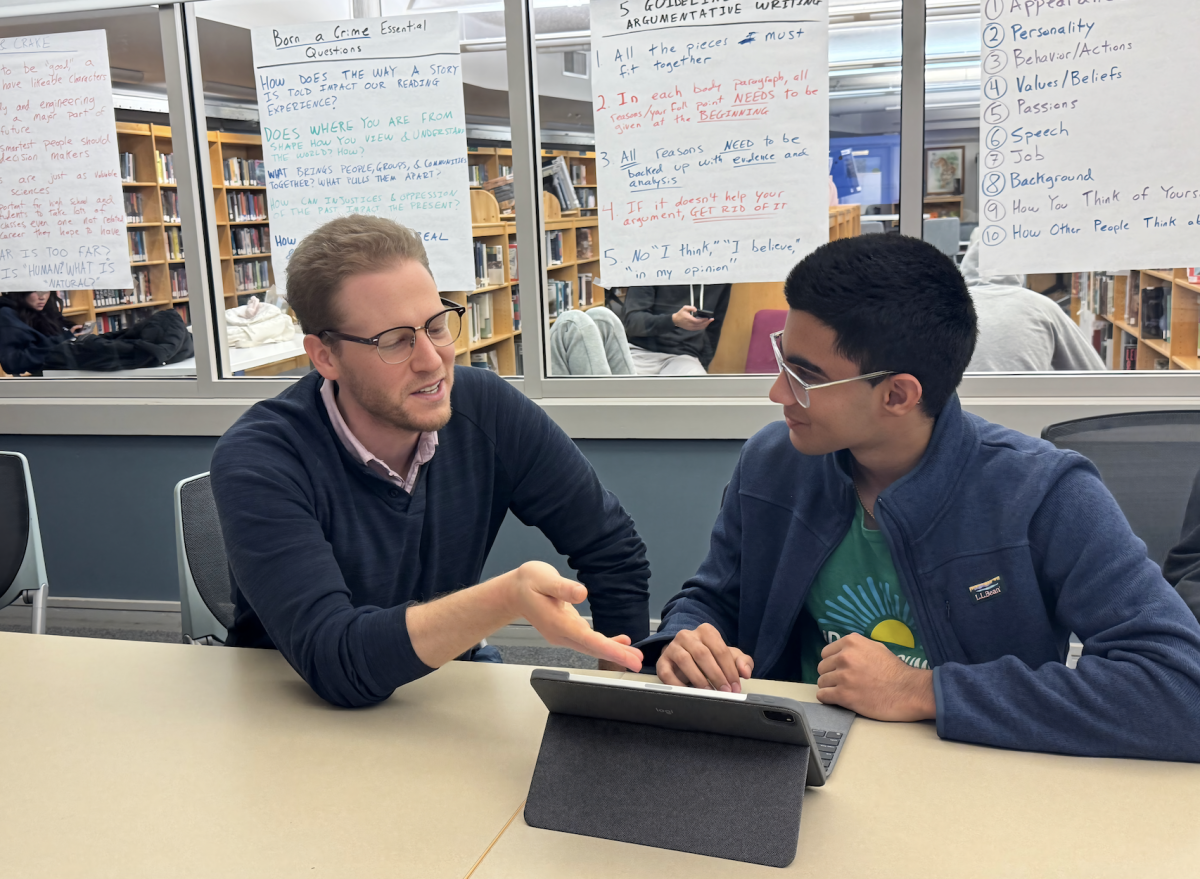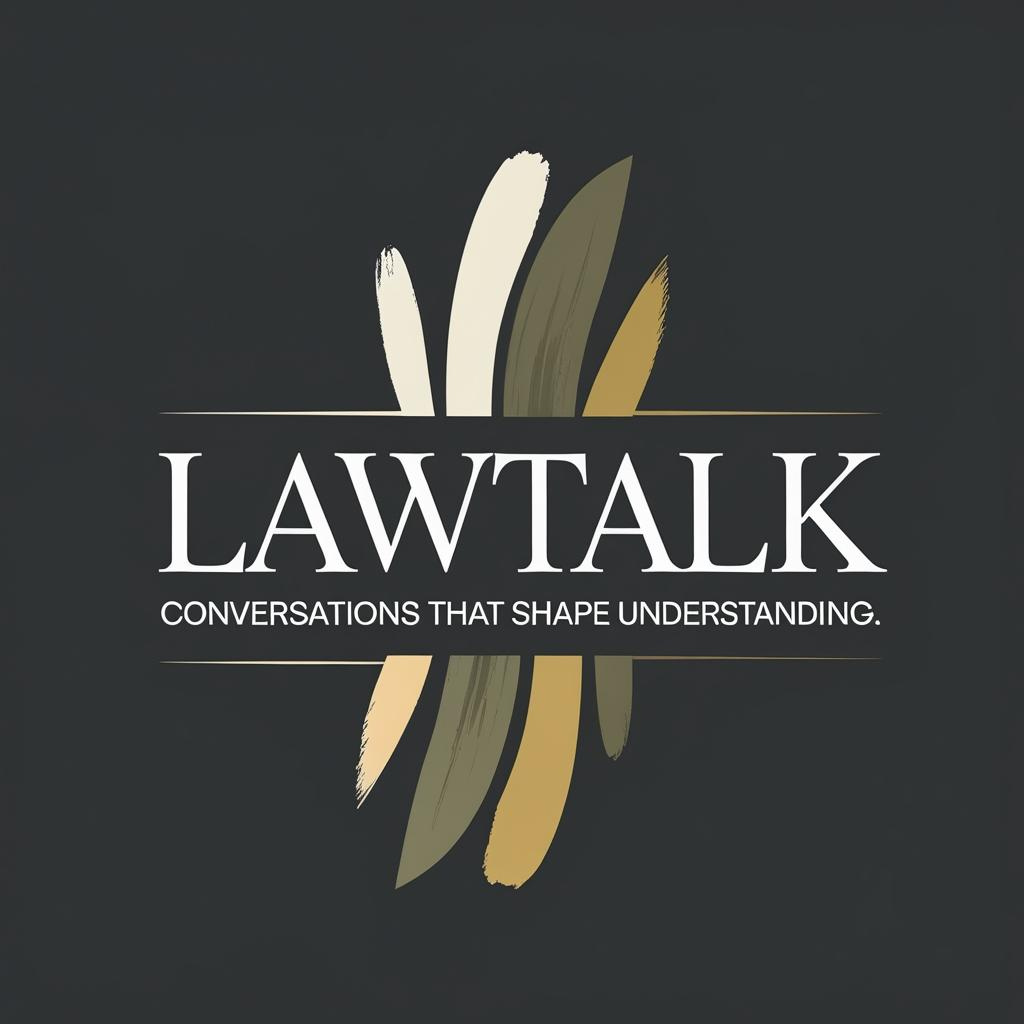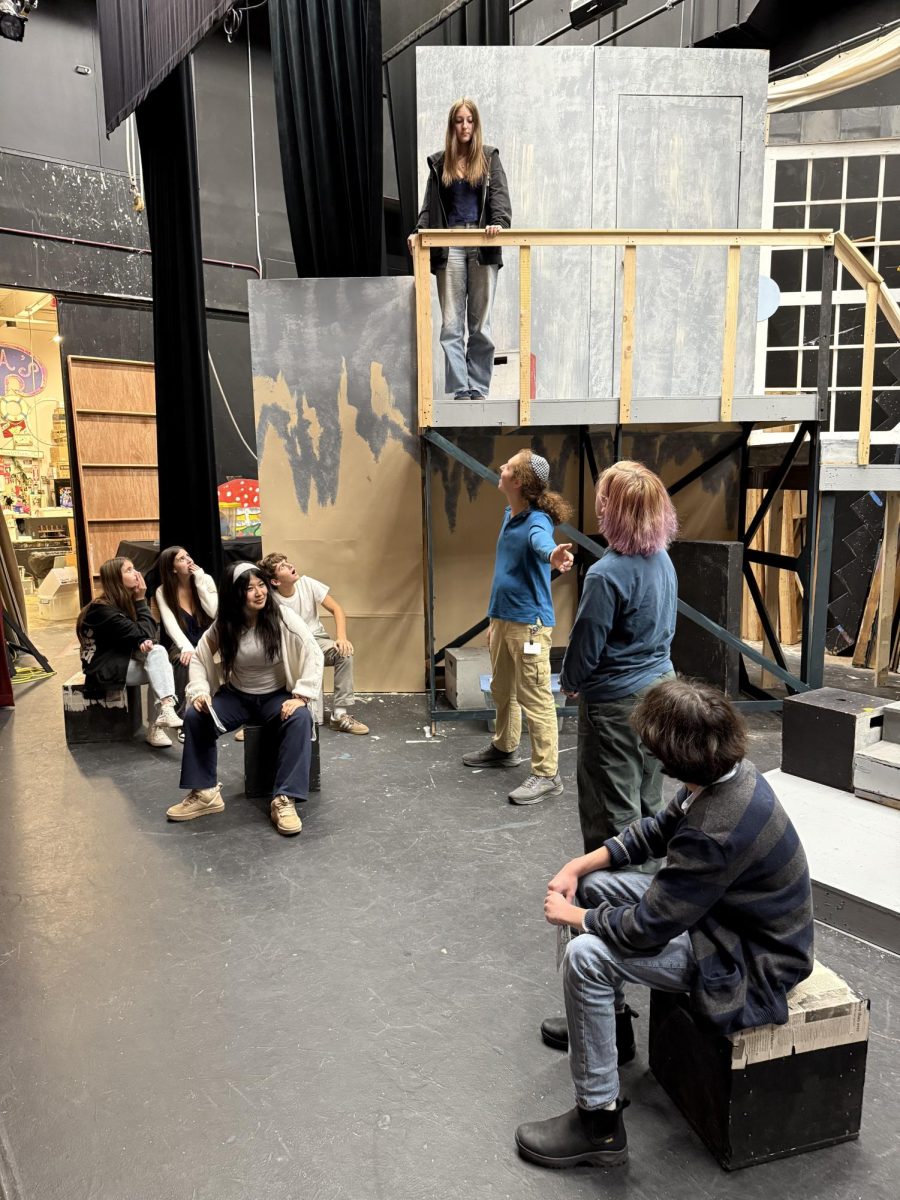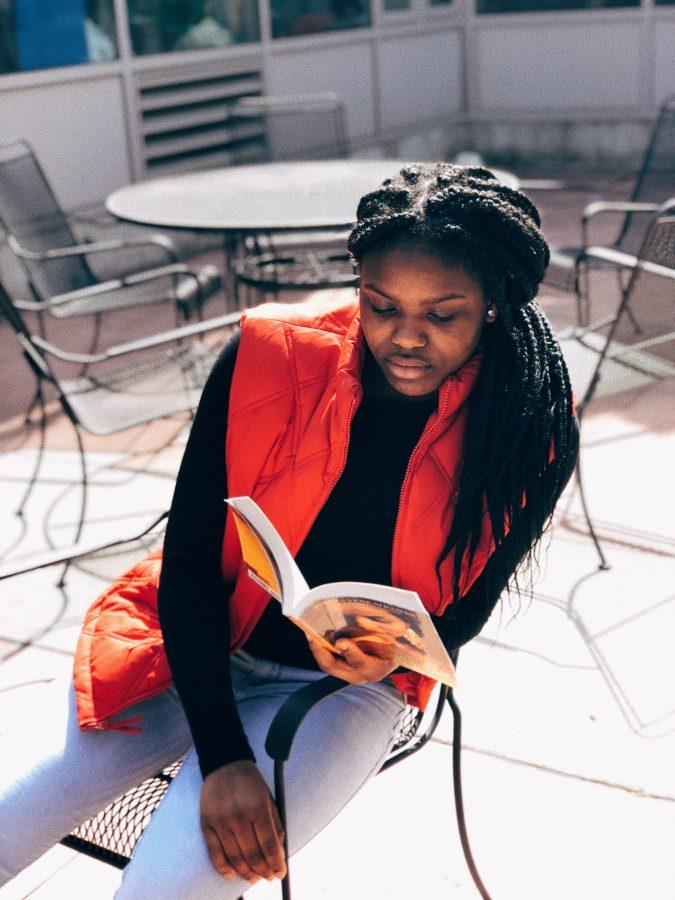Students Reflect on Use of Summer Reading Books
January 8, 2021
After eliminating summer reading requirements for non-AP classes, last summer the School introduced a “Grade-Wide Read,” as “a shared interdisciplinary, intellectual and community-building, experience,” according to a spring email.
However, midway through the academic year, students report mixed use of the summer reading in their classes and in wider grade-level work. Faculty selected I Claudia by Mary McCoy for the 9th grade, Educated by Tara Westover for 10th grade, Underground Railroad by Colson Whitehead for 11th grade, and Station Eleven by Emily St. John Mandel for 12th grade.
“While the actual reading of each grade level book happens over the summer, this program serves as a means to launch students into their academic year, shape initial class discussions and assignments across the curriculum, connect to school-wide themes, and prepare students for the thinking they will engage in throughout the school year,” the spring email also said.
Jazzy Lang ’24 enjoyed her summer reading book, I Claudia, though she says that besides English, it has yet to be incorporated into any of her other classes.
“I do not think that it would have made sense to discuss it in any other classes, as it did not pertain to them,” Lang said.
Teachers wrote guiding questions to accompany each book, which were included to help students generate ideas about what they might be discussing during the upcoming school year.
Middle and Upper School Library Director Megan Dolan says the changes were made to make reading choices more cohesive by grade-level, rather than course by course.
“We also wanted to better connect the reading choices to the curriculum overall, the mission of the School, and particular challenges and issues that are unique to or emphasized in the experience of a student at each particular grade level at Brimmer,” Dolan said.
Upper School English teacher Kenley Smith says that reducing summer work was a goal of the changes.
“The changes made to the Upper School Summer Reading program for this year had two goals: to reduce the amount of summer work students had to do for various classes, and to provide texts which were accessible to many different classes,” Smith said. “For instance, the choice for the seniors was the dystopian novel, Station Eleven, about a plague that sweeps across the globe and changes how humanity survives and makes art. This book was chosen for its timeliness as well as the material it could provide for teachers of literature, art, science, history, and so on.”
The Upper School will continue to work on how books are incorporated in classes for the new program, according to Smith, who also noted how the disruption of the pandemic warranted changes.
The 10th grade read Educated, a memoir by Tara Westover, over the summer. Students engaged in discussions about the book in both Modern World History and English classes, and expressed overall enthusiasm with the book choice. Some, however, thought that the memoir would be addressed in all sophomore courses.
“Reading the book Educated was surely a nice way to kickstart my sophomore year at Brimmer and May,” Jerry Dong ‘23 said.
Dong argues that the book’s themes of education fit well with the grade’s learning theme.
“Since education and consequences brought by it in both the fictional and real world are major themes throughout the entire year, there isn’t any better way to introduce the year with this book,” Dong said.
Sophia Bruno ‘23, who also read Educated, echoed Dong’s enthusiasm about the book choice.
“I think that the book opened up both my eyes and those of my peers to the flaws in the education system and offered new perspectives,” Bruno shared.
David Cutler’s American History students have not yet spoken about Underground, though Cutler says that he will address its themes in coming weeks, when students read several slave narratives.
“We have not yet spoken about Underground,” Cutler said. “Part of this is due to my wanting to wait until we hit a more relevant part of our curriculum. Still, I don’t know of any wider plans to discuss the book outside of my discipline.”
Leah Bell ’22, who read The Underground Railroad, said that the can’t recall talking about the book in any class.
“However, a theme of the book, the brutality of slavery and the difficulties that enslaved people had to endure, has been addressed in several class like AP English Language and American History,” Bell said.

























































